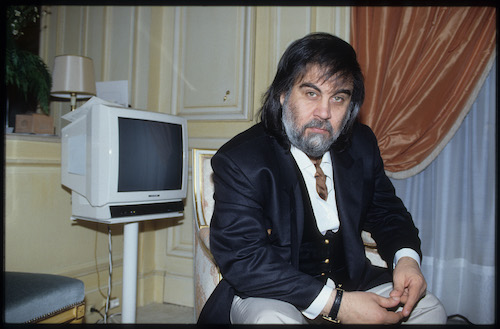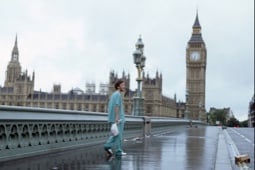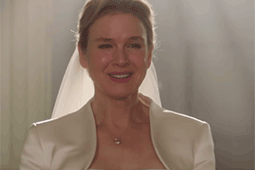
We're adjusting to the sad news that Oscar-winning composer Vangelis has passed away at the age of 79.
Born in Greece as Evángelos Odysséas Papathanassíou, Vangelis (his professional sobriquet) redefined the parameters of electronic film composition.
However, it wasn't his original course. Initially, he gained traction for his pioneering work with a host of 1960s and 1970s groups, and eventually he set up his own studio, Nemo Studios, in London in 1975. (He was also courted to become the keyboardist in rock group Yes, but ultimately turned the offer down.)
Working in his self-described 'laboratory', Vangelis continued to blur the lines between the synthetic and the orchestral, eventually turning his hand to a series of intermittent, but acclaimed, film scores.
We're here to champion those scores with our list of the composer's remarkable work.
1. Chariots of Fire (1981)
The anthem for slo-mo runners the world over, Vangelis' breakout soundtrack won him the Oscar for Best Original Score, defeating John Williams' Raiders of the Lost Ark in the process.
The score is a case study in dramatic contradiction, applying anachronistic late-20th-century synths to an early-20th-century story. But it proves that film music needn't be beholden to period stylistics – instead, Vangelis hones in on the propulsive inner spirit of the Cambridge runners, largely ignoring the external context.
The music communicates an elusive kind of inspirational human impulse, emboldening the movie with a deeper sense of meaning.
2. Blade Runner (1982)
Arguably superior to the Chariots of Fire score, Blade Runner is a dense, murky soundscape occasionally punctuated by organic, more recognisably 'human' elements.
The turbulent, massed synths brilliantly capture the hellish Los Angeles cityscape present in Ridley Scott's dystopian classic. Most of the time, these appear cold and amorphous, emphasising a world where humanity has become severed from its own impulses.
However, the jazzy romance between Harrison Ford's Deckard and Sean Young's Rachel uses an aching saxophone to suggest a beating heart beneath the mechanization and android exploitation. And the climactic departure of the deadly Roy Batty (Rutger Hauer) is euphorically beautiful, an ode to those tears in rain.
The score was referenced and deconstructed in the later Blade Runner 2049, scored by Hans Zimmer and Benjamin Wallfisch.
3. Missing (1982)
A heartbreaking, repetitious keyboard refrain becomes the lament of two grieving parents in Vangelis' atmospheric score. Moving drama Missing showcases two superb performances from Jack Lemmon and Sissy Spacek as parents searching for their missing son in Chile in 1973.
The movie, directed by Costa-Gavras, is based on the true story of the disappearance of journalist Charles Horman. Vangelis' deceptively straightforward score does what a soundtrack should do: cut through the political context to speak of the agonising absence at the centre of the story.
4. 1492: Conquest of Paradise (1992)
Ridley Scott reunited with his Blade Runner composer for this epic story of Christopher Columbus' voyage to the New World.
Despite a star cast including Gerard Depardieu and Sigourney Weaver (marking her first collaboration with Scott since Alien), the movie sank without a trace.
However, Vangelis' propulsive and anachronistic score helps invest the drama with a certain amount of atmospheric weight. The choral-driven main theme is one of the composer's most famous creations but there are manifest pleasures throughout in the subtle harmonic interplay, speaking of the wonder of exploration.
5. Alexander (2004)
Vangelis was a somewhat unexpected choice to score Oliver Stone's much-maligned Alexander the Great biopic. With Colin Farrell's bird poo wig and Angelina Jolie's vowel-mangling turn, the movie offered plenty to chortle at.
Nevertheless, Vangelis' score transcends the idiocy of the movie to suggest a time of hallowed antiquity. The interplay between the various electronic elements is far more sophisticated, and the thematic writing is, perhaps, stronger as well. It may be the finest score he ever turned out.
What is your favorite Vangelis score? Let us know @Cineworld.











.jpg)


.jpg)
.png)






